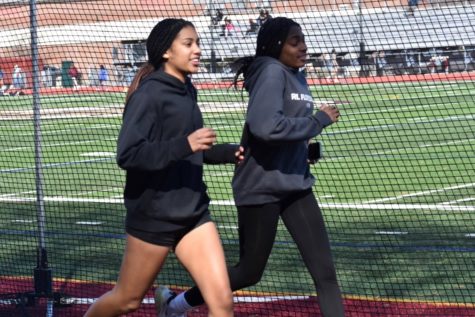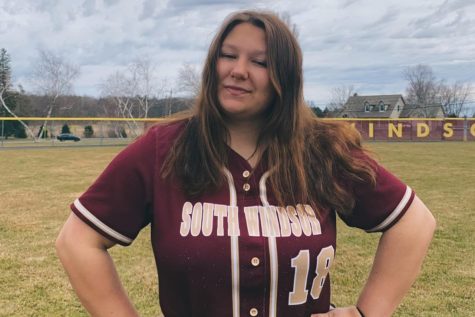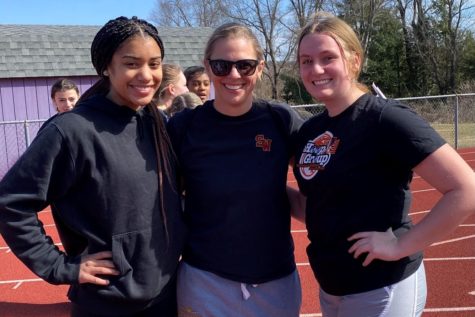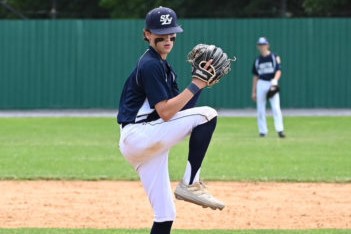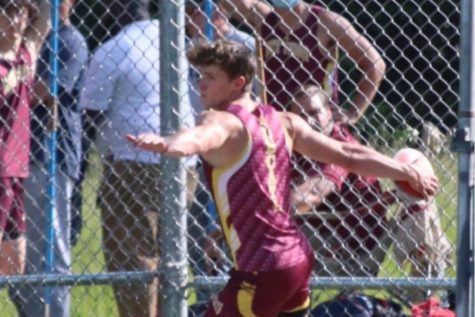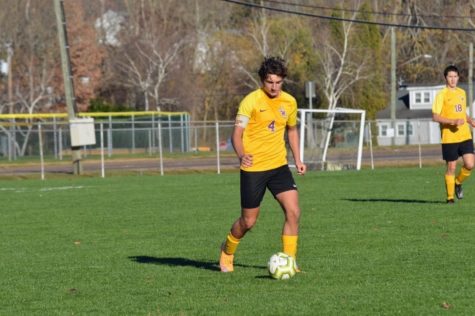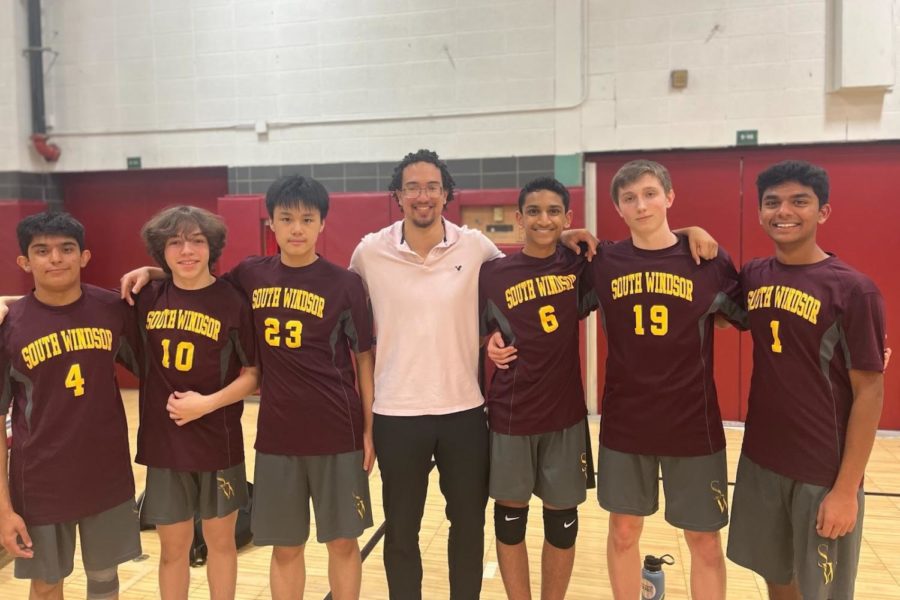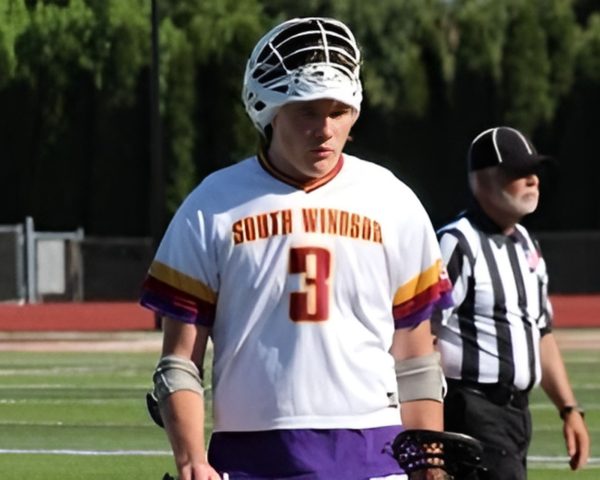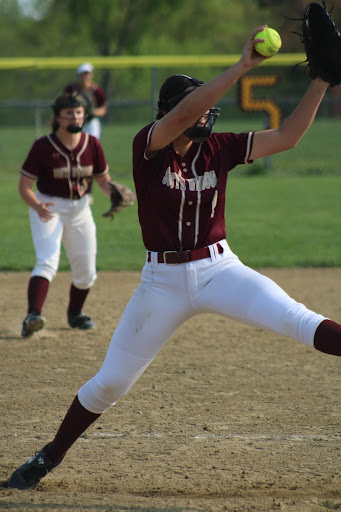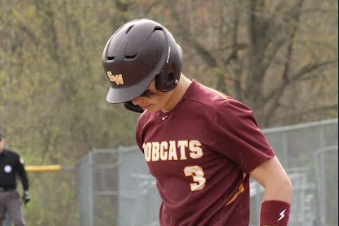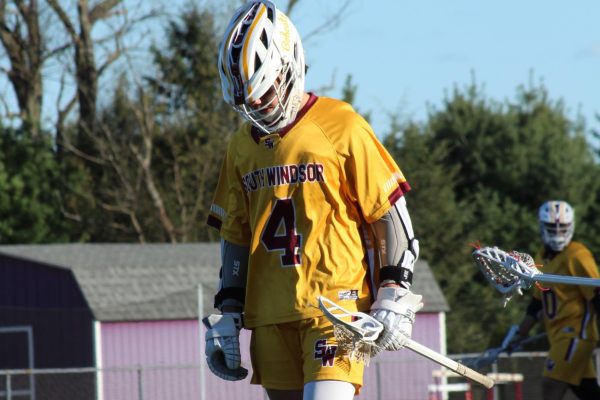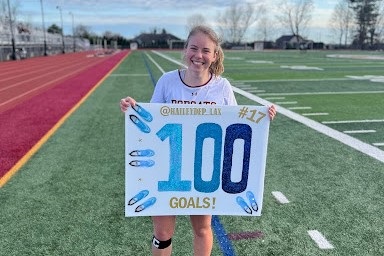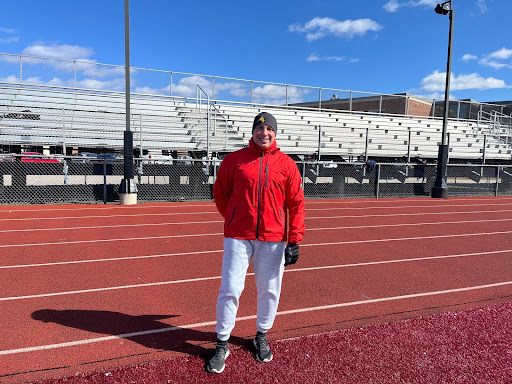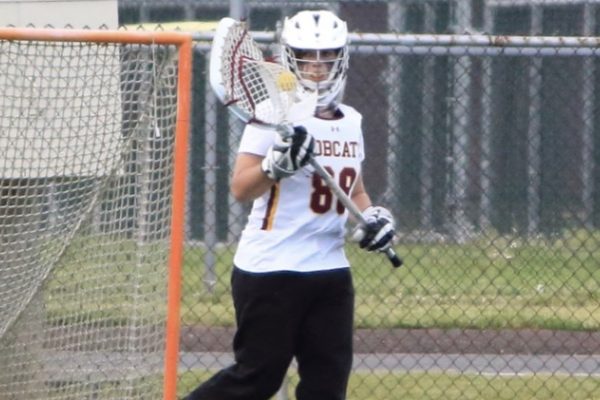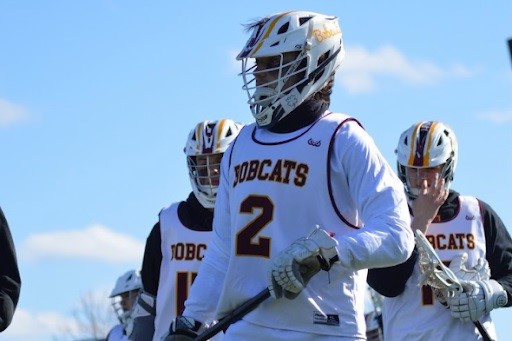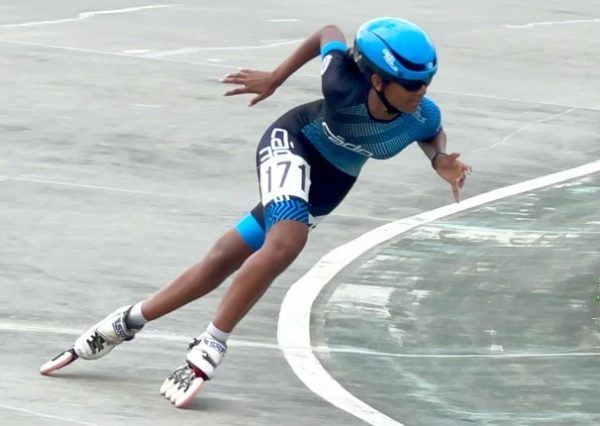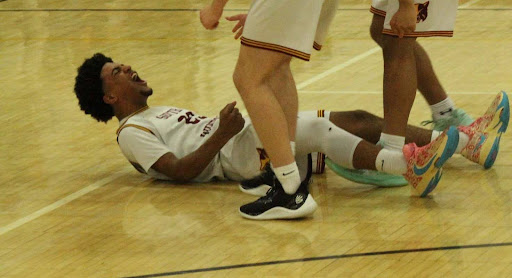Featured Coach: Coach Oakley
Prowl: How long have you been coaching?
Coach Oakley: “Exactly a year now.”
Prowl: What is your experience with volleyball?
Coach Oakley: “I started playing my sophomore year of high school when I got cut from the basketball team and a coach suggested Husky Volleyball Club for the off season. I played volleyball for the high school every year after that and then went on to play for UCONN for four years as well as casual outdoor volleyball.”
Prowl: What inspired you to become a coach?
Coach Oakley: “I have always had mentorship roles throughout my life. My mom and I were involved in foster care, and I always had a role of a guide in their life. I was always part of the youth programs at high school, being around students with learning disabilities, as well as students receiving special education services. In college, I was part of a mentorship program where we would connect with local students and ultimately play a mentor role in their life. I have also been a youth leader at my church and it just seemed like a natural progression to get into coaching.”
Prowl: What do you think is the main difference when coaching a JV team rather than a Varsity team?
Coach Oakley: “The practices are a lot more fundamental at the JV level rather than practices that have a lot of gameplay. Things are also much more drill oriented and focus on the initial skills needed for a player to progress to the varsity level, which can lead to players being uncomfortable when it comes to games and playing in high-stress situations because they are focused on their role rather than working as a team. Getting a sense of comfort with teamwork as well as their own abilities is something that is seen more at the JV level.”
Prowl: What does an everyday practice consist of?
Coach Oakley: “My practices are pretty consistent. There is about half an hour of conditioning at the beginning of every practice. The workouts push the players to be better athletes whether they like it or not early in their high school career. You’re going to have to do it eventually if you want to become a next-level player and being consistent with conditioning will help the athletes be prepared. Near the end of practice, we diverge into position-specific drills to focus on target areas of a player’s position.”
Prowl: What life skills does volleyball help teach young athletes?
Coach Oakley: “Definitely staying calm in stressful situations. Volleyball is not a sport where you play better when you’re mad or stressed. I’ve played a lot of sports, and, when you get mad in a lot of sports, you can really key into some aggression, and in volleyball that is almost never the case. In general, volleyball is not a sport that is conducive to that. You usually don’t make the best decisions when your emotions get the best of you, and volleyball is a great example of that.”
Prowl: What are the characteristics of an accomplished volleyball player?
Coach Oakley: “Being humble, able to laugh off mistakes and a person that focuses on uplifting others. Volleyball is a big mental game to keep your emotions in check and it’s a lot easier to do that and stay focused when the players try to uplift each other. Being an uplifter and focusing on team spirit will help the team but the individual players as well.”
Prowl: What do you enjoy most about coaching?
Coach Oakley: “I enjoy the process of seeing kids realize how much they enjoy the sport as they grow more comfortable with it. Also, players are starting to think about what’s next, whether that’s during the off-season or plans they have for next season. So, watching kids fall in love with an athletic passion is very cool. Even just watching kids grow out of their shell, volleyball is not a sport where you can be very quiet or shy so watching quieter kids realize that and embrace that to be louder, uplift their teammates, and be fully comfortable in a new environment.”
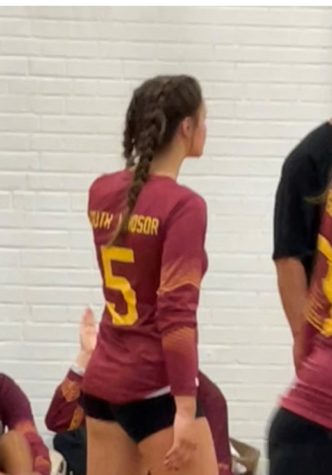
Sydney Main is a freshman at SWHS. She enjoys listening to music, reading and hanging out with friends. Main plays volleyball for the school in the fall and club season in the spring. She enjoys writing...


